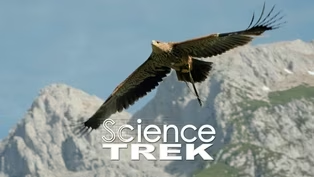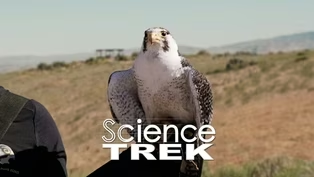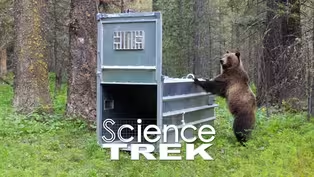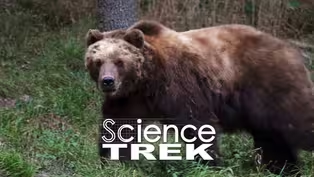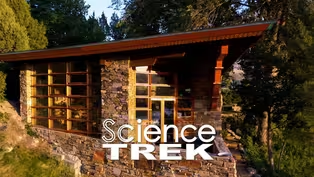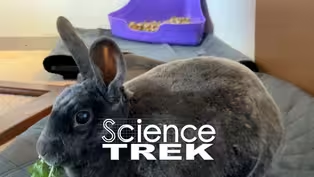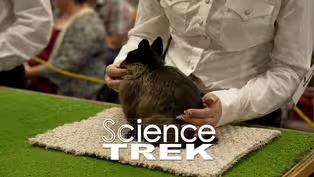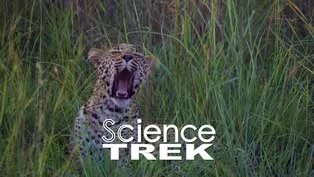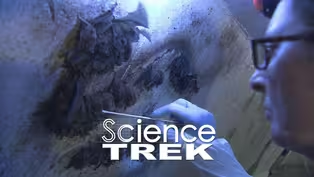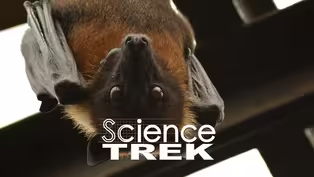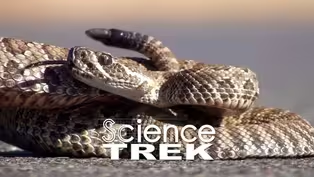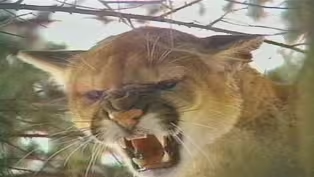
D4K: Predators
Special | 28m 51sVideo has Closed Captions
Predators are the top of the food web. Why?
Predators are animals that eat other animals. They don’t have to be big, but they do have to be really lucky to survive. Why is being a predator a tough life? Guest scientists Gregg Losinski, Regional Conservation Educator for the Idaho Department of Fish and Game and Jon Rachael, State Wildlife Manager for the Idaho Department of Fish and Game answer students’ questions about predators.
Problems playing video? | Closed Captioning Feedback
Problems playing video? | Closed Captioning Feedback
Science Trek is a local public television program presented by IdahoPTV
Major Funding by the Laura Moore Cunningham Foundation and Idaho National Laboratory. Additional Funding by the Friends of Idaho Public Television and the Corporation for Public Broadcasting.

D4K: Predators
Special | 28m 51sVideo has Closed Captions
Predators are animals that eat other animals. They don’t have to be big, but they do have to be really lucky to survive. Why is being a predator a tough life? Guest scientists Gregg Losinski, Regional Conservation Educator for the Idaho Department of Fish and Game and Jon Rachael, State Wildlife Manager for the Idaho Department of Fish and Game answer students’ questions about predators.
Problems playing video? | Closed Captioning Feedback
How to Watch Science Trek
Science Trek is available to stream on pbs.org and the free PBS App, available on iPhone, Apple TV, Android TV, Android smartphones, Amazon Fire TV, Amazon Fire Tablet, Roku, Samsung Smart TV, and Vizio.
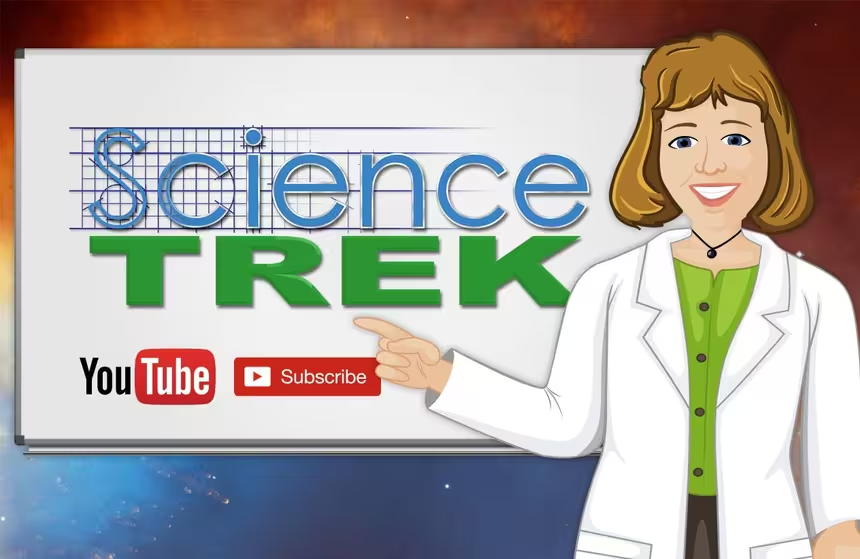
Science Trek
Science Trek is a place where parents, kids, and educators can watch short, educational videos on a variety of science topics. Every Monday Science Trek releases a new video that introduces children to math, science, technology, engineering, and math (STEM) career potentials in a fun, informative way.More from This Collection
Every animal in an ecosystem plays an important role in the well-being of our planet. Some are predators. Some are prey. Some pollinate plants or spread seeds. Each contributes to its part of the community and land around it. Take time to learn more about the lives of animals.
Video has Closed Captions
What special skills do birds of prey have that make them such good hunters? (6m 52s)
Birds of Prey: World Center for Birds of Prey
Video has Closed Captions
Visit the World Center for Birds of Prey. (6m 8s)
Video has Closed Captions
Learn what bears like to eat and why you should avoid them. (6m 49s)
Bears: Grizzly, the Bear in a Coat
Video has Closed Captions
How are grizzly bears different from other bears? (5m 33s)
Video has Closed Captions
Architects borrow from nature all the time. Find out how. (6m 26s)
Rabbits: Are You Rabbit Ready?
Video has Closed Captions
What do you need to know before getting a rabbit for a pet. (5m 57s)
Video has Closed Captions
Showing rabbits at your local fair opens the door to science. (6m 30s)
Video has Closed Captions
What is White Nose Syndrome and why is it so deadly? (5m 15s)
Video has Closed Captions
How do bats find their food at night? (4m 17s)
Video has Closed Captions
Why do snakes always look like they are staring? (3m 43s)
Providing Support for PBS.org
Learn Moreabout PBS online sponsorshipVideo has Closed Captions
Clip: Special | 3m 38s | What special characteristics do predators share? (3m 38s)
Clip: Special | 10m 3s | Predators and prey help maintain the “balance of nature.” (10m 3s)
Providing Support for PBS.org
Learn Moreabout PBS online sponsorship
- Science and Nature

Explore scientific discoveries on television's most acclaimed science documentary series.

- Science and Nature

Capturing the splendor of the natural world, from the African plains to the Antarctic ice.












Support for PBS provided by:
Science Trek is a local public television program presented by IdahoPTV
Major Funding by the Laura Moore Cunningham Foundation and Idaho National Laboratory. Additional Funding by the Friends of Idaho Public Television and the Corporation for Public Broadcasting.
